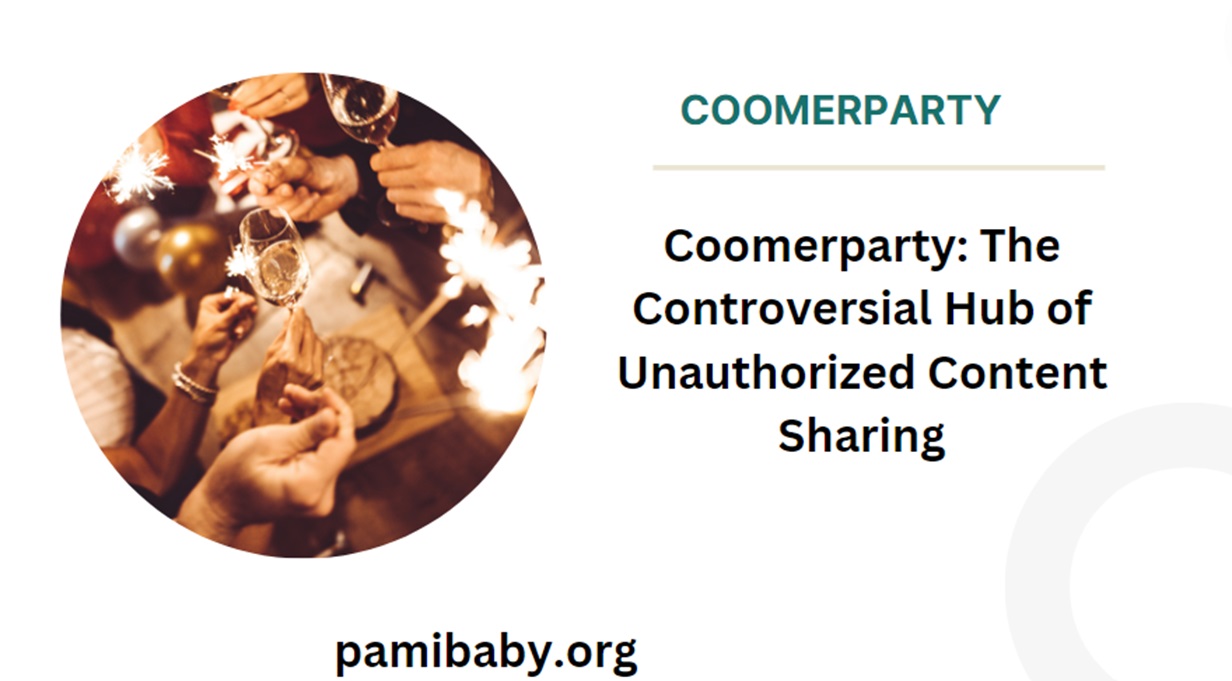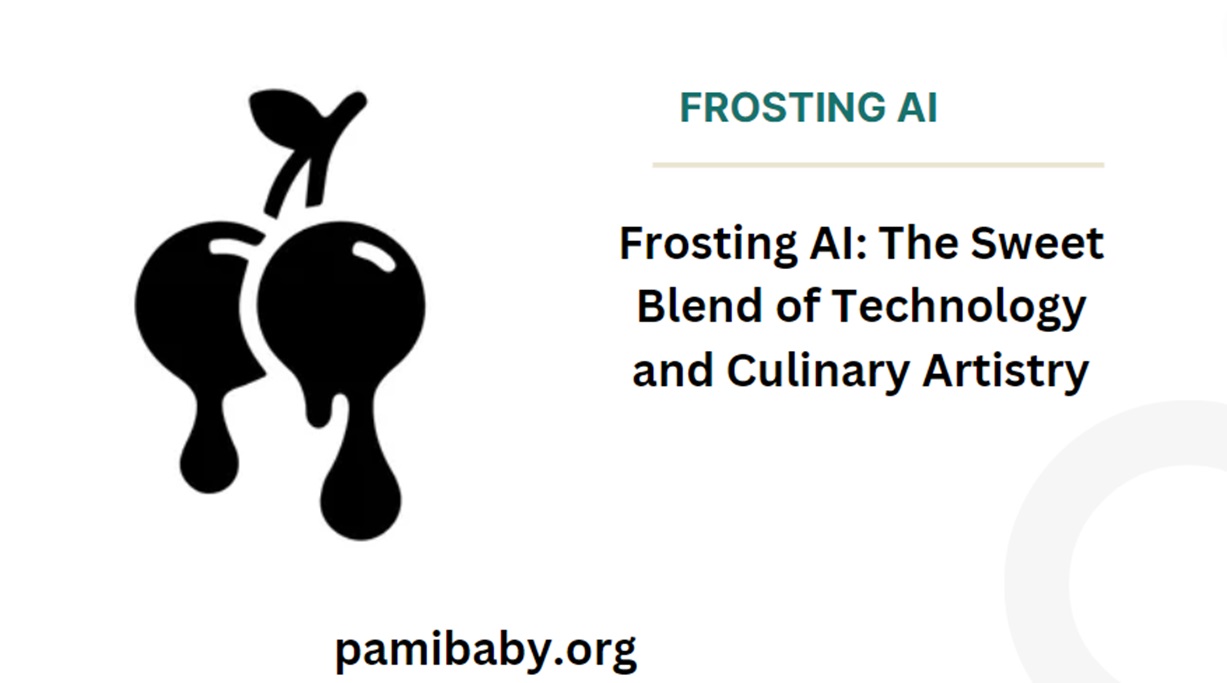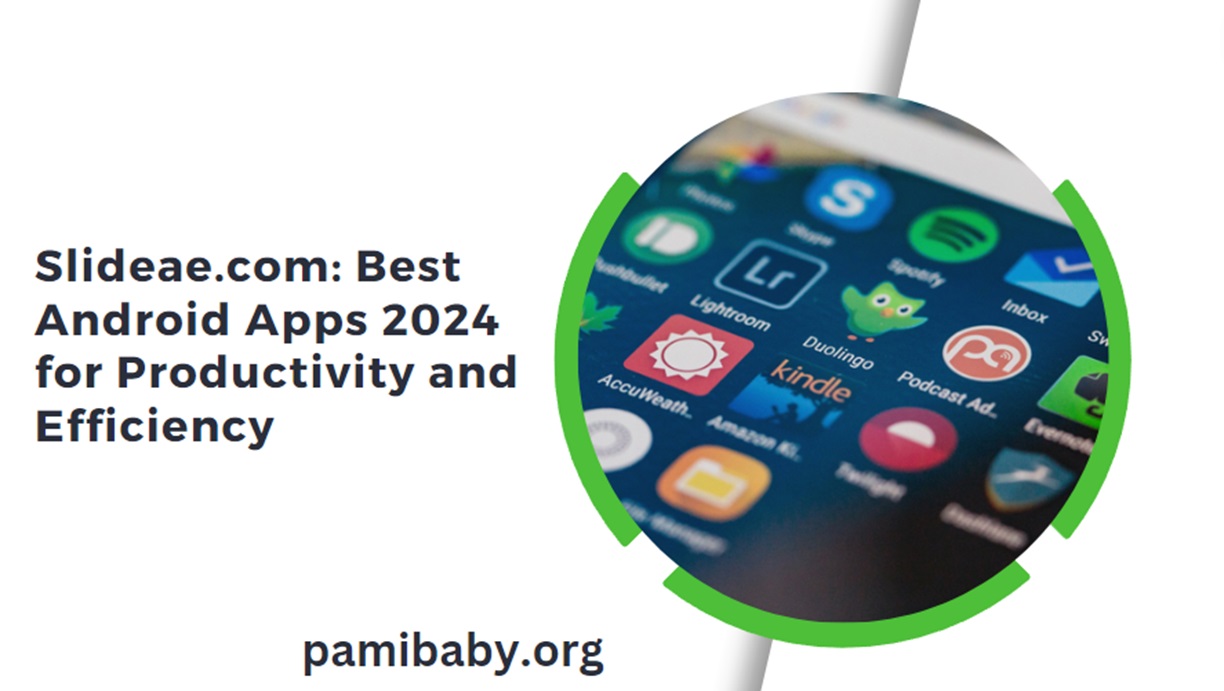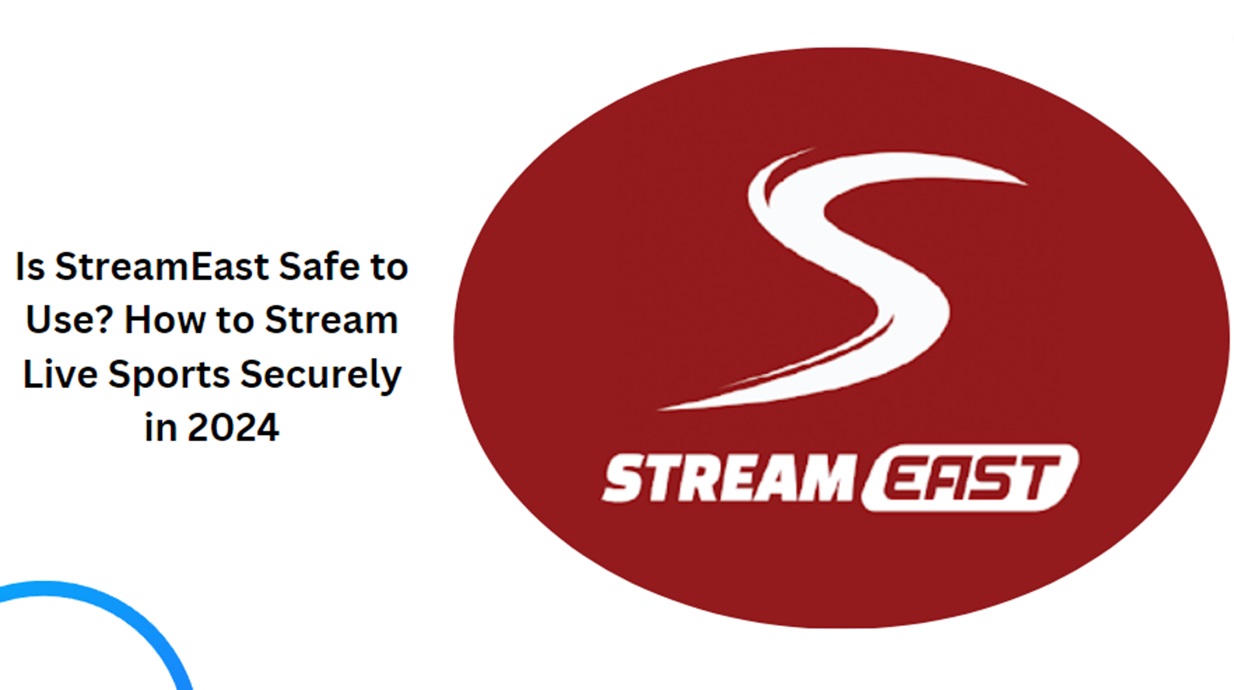Introduction
In the vast and dynamic digital landscape, the proliferation of content-sharing platforms has significantly transformed how creators monetize their work. However, with this transformation comes the inevitable issue of piracy, where unauthorized distribution of paid content undermines creators’ efforts. One such platform embroiled in this controversy is “Coomerparty.” This article delves deep into what Coomerparty is, its impact on content creators, the legal and ethical ramifications, and the broader implications for the digital economy.
Table of Contents
What is Coomerparty?
Coomerparty is a website that operates as a repository for unauthorized sharing of paid content from subscription-based platforms such as OnlyFans, Fansly, Patreon, and more. It is part of a broader ecosystem of similar sites, including Kemono.party, that facilitate the distribution of exclusive content without the consent of the creators. These platforms aggregate content that users typically need to pay for, offering it for free to anyone who visits the site.
The Rise of Content Subscription Services
In recent years, platforms like OnlyFans and Patreon have revolutionized how creators earn money online. These services allow artists, influencers, educators, and other content creators to offer exclusive content to subscribers for a fee. The model has been particularly successful for adult content creators, fitness trainers, musicians, and visual artists. However, the rise of these platforms has also led to an increase in piracy, as unauthorized sharing of this exclusive content becomes more prevalent.
The Operations of Coomerparty
Coomerparty and similar sites typically operate in the shadows of the internet. They are often hosted on offshore servers and employ various techniques to evade takedown requests and legal actions. Users can upload content they have accessed through legitimate subscriptions, which then becomes available to the broader internet community. This creates a significant challenge for content creators and the platforms they use to distribute their work.
Impact on Content Creators
The unauthorized distribution of content on platforms like Coomerparty has profound financial and emotional impacts on creators. Many content creators rely on subscription-based services as their primary source of income. When their content is shared without permission, it directly affects their revenue streams. Additionally, creators often feel violated and powerless, as their control over their work is stripped away.
Financial Losses
The financial losses incurred by content creators due to piracy can be substantial. For instance, an adult content creator on OnlyFans might charge subscribers $10 per month. If a significant portion of their content is shared on Coomerparty, potential subscribers might opt to access the pirated content instead, leading to a direct loss of income for the creator.
Emotional and Psychological Toll
Beyond financial losses, the unauthorized sharing of content can take an emotional and psychological toll on creators. The feeling of having one’s work stolen and distributed without consent can lead to stress, anxiety, and a sense of helplessness. This is particularly true for creators of intimate or personal content, who may feel especially vulnerable when their work is shared without permission.
Legal and Ethical Ramifications
The operation of sites like Coomerparty raises significant legal and ethical questions. At its core, the unauthorized distribution of paid content is a form of digital piracy, which is illegal in many jurisdictions. However, enforcing laws against such sites is complex and often ineffective.
Legal Challenges
Taking legal action against platforms like Coomerparty is challenging for several reasons:
- Anonymity and Jurisdiction: These sites often operate anonymously and are hosted in countries with lax enforcement of intellectual property laws. This makes it difficult to identify the individuals responsible and to hold them accountable.
- Evasion Tactics: Even when legal actions are initiated, sites like Coomerparty employ various tactics to evade takedown requests. This can include moving their servers to different jurisdictions, changing domain names, and using proxy services to hide their locations.
- Cost of Legal Action: For individual content creators, pursuing legal action can be prohibitively expensive. The cost of hiring lawyers and navigating international legal systems can outweigh the potential benefits, especially if the likelihood of success is low.
Ethical Considerations
From an ethical standpoint, the existence and use of platforms like Coomerparty are deeply problematic. They undermine the principles of intellectual property and fair compensation for creative work. By distributing content without permission, these sites devalue the labor and creativity of content creators, contributing to a culture of entitlement where consumers expect to access content for free.
Community and Social Impact
The broader community and social impacts of platforms like Coomerparty extend beyond individual content creators. They contribute to a culture of piracy that affects various industries, from music and film to software and digital art.
Normalization of Piracy
The widespread availability of pirated content normalizes the practice, making it more socially acceptable. This can lead to a decrease in the perceived value of creative work and a reluctance among consumers to pay for content. Over time, this erosion of value can have far-reaching consequences for the creative industries, reducing the incentive for new and innovative work.
Impact on Legitimate Platforms
Platforms like OnlyFans and Patreon rely on their ability to provide exclusive content to subscribers. The existence of sites like Coomerparty undermines this business model, potentially leading to a decrease in subscriber numbers and revenue. This can result in less investment in platform development and fewer resources available to support creators.
Efforts to Combat Piracy
Various stakeholders, including content creators, platforms, and legal authorities, are continually working to combat piracy and protect intellectual property. These efforts include technological solutions, legal actions, and advocacy for stronger intellectual property laws.
Technological Solutions
Technological solutions to combat piracy include:
- Digital Rights Management (DRM): DRM technologies are designed to prevent unauthorized copying and distribution of digital content. While DRM can be effective, it is not foolproof and can sometimes be circumvented by determined pirates.
- Watermarking: Embedding unique identifiers in digital content can help track the source of pirated material. This can be useful in identifying and taking action against individuals who upload content to unauthorized sites.
- Content Monitoring: Platforms like OnlyFans and Patreon employ content monitoring technologies to detect and take down pirated content. These systems scan the internet for unauthorized copies of content and issue takedown requests to hosting providers.
Legal Actions
Legal actions against piracy involve:
- Takedown Requests: Content creators and platforms can issue takedown requests to hosting providers and domain registrars, requesting the removal of pirated content. While this can be effective, it is often a game of whack-a-mole, as new sites and domains can quickly replace those that are taken down.
- Litigation: In some cases, content creators and platforms may pursue litigation against individuals and entities responsible for piracy. This can involve seeking damages for lost revenue and obtaining injunctions to prevent further distribution of pirated content.
- International Cooperation: Combating piracy often requires international cooperation, as many piracy sites operate across borders. International treaties and agreements, such as the Anti-Counterfeiting Trade Agreement (ACTA), aim to strengthen intellectual property enforcement globally.
Advocacy and Education
Advocacy and education efforts are crucial in raising awareness about the harms of piracy and promoting respect for intellectual property. These efforts include:
- Public Awareness Campaigns: Campaigns to educate the public about the impact of piracy on creators and the creative industries can help shift attitudes and reduce demand for pirated content.
- Industry Partnerships: Collaboration between content creators, platforms, and industry organizations can amplify advocacy efforts and promote best practices for protecting intellectual property.
- Educational Programs: Integrating intellectual property education into school curricula can help foster a culture of respect for creative work from an early age.
Conclusion
Coomerparty represents a significant challenge for content creators and the digital economy. The unauthorized distribution of paid content undermines the financial viability of subscription-based platforms and devalues the labor and creativity of content creators. While technological solutions, legal actions, and advocacy efforts are essential in combating piracy, a broader cultural shift is needed to address the root causes of this issue.
By fostering a greater appreciation for intellectual property and promoting fair compensation for creative work, society can help ensure that content creators are rewarded for their contributions and that the digital economy continues to thrive. The fight against piracy is ongoing, but with concerted effort and cooperation, it is possible to create a more equitable and sustainable digital landscape.









